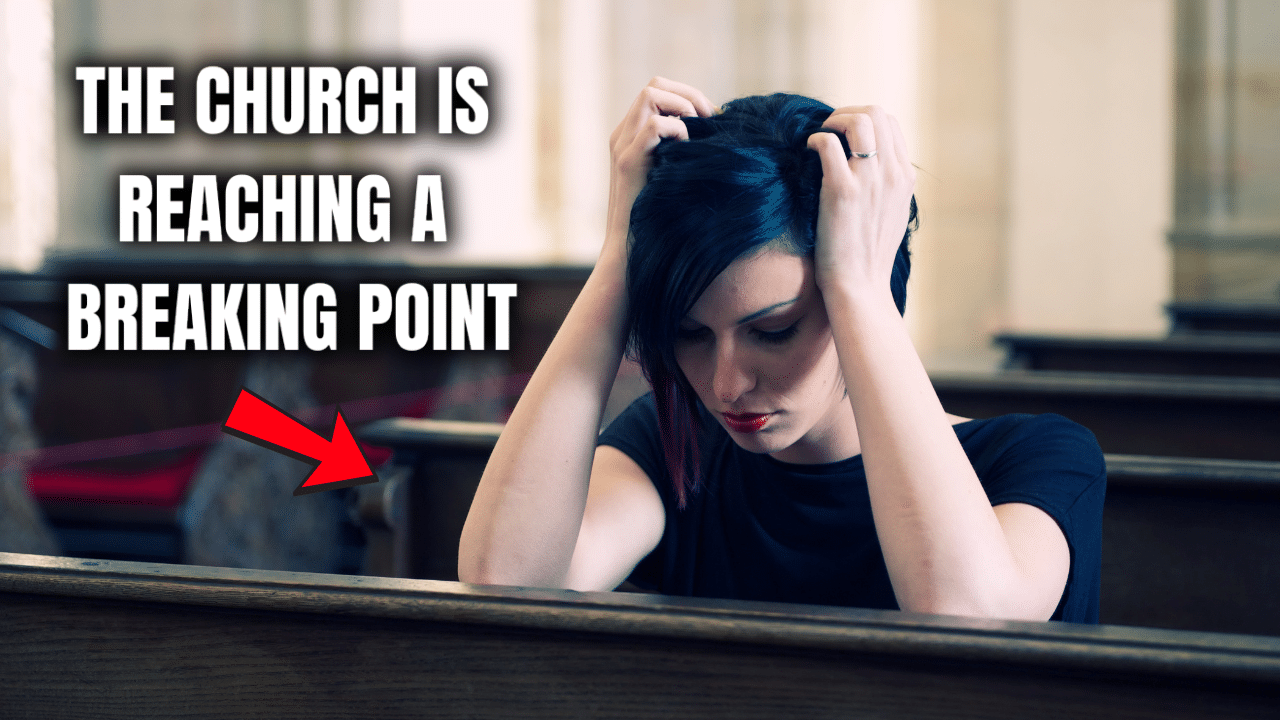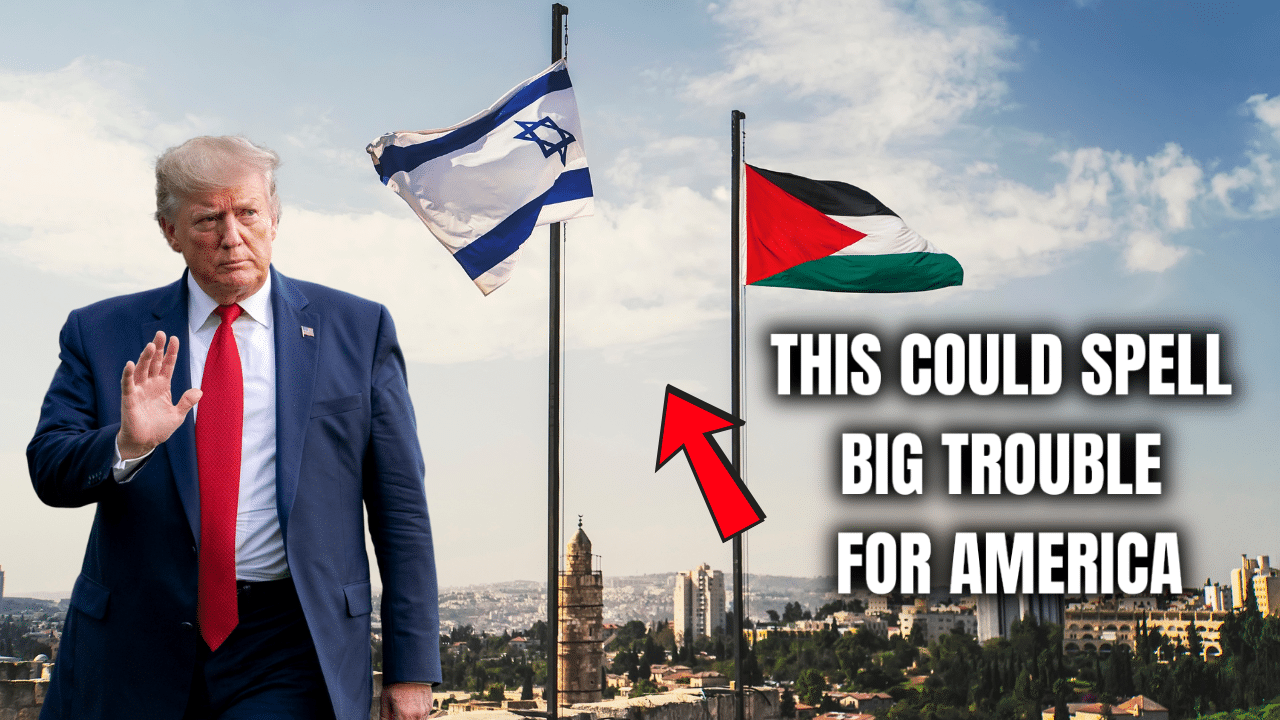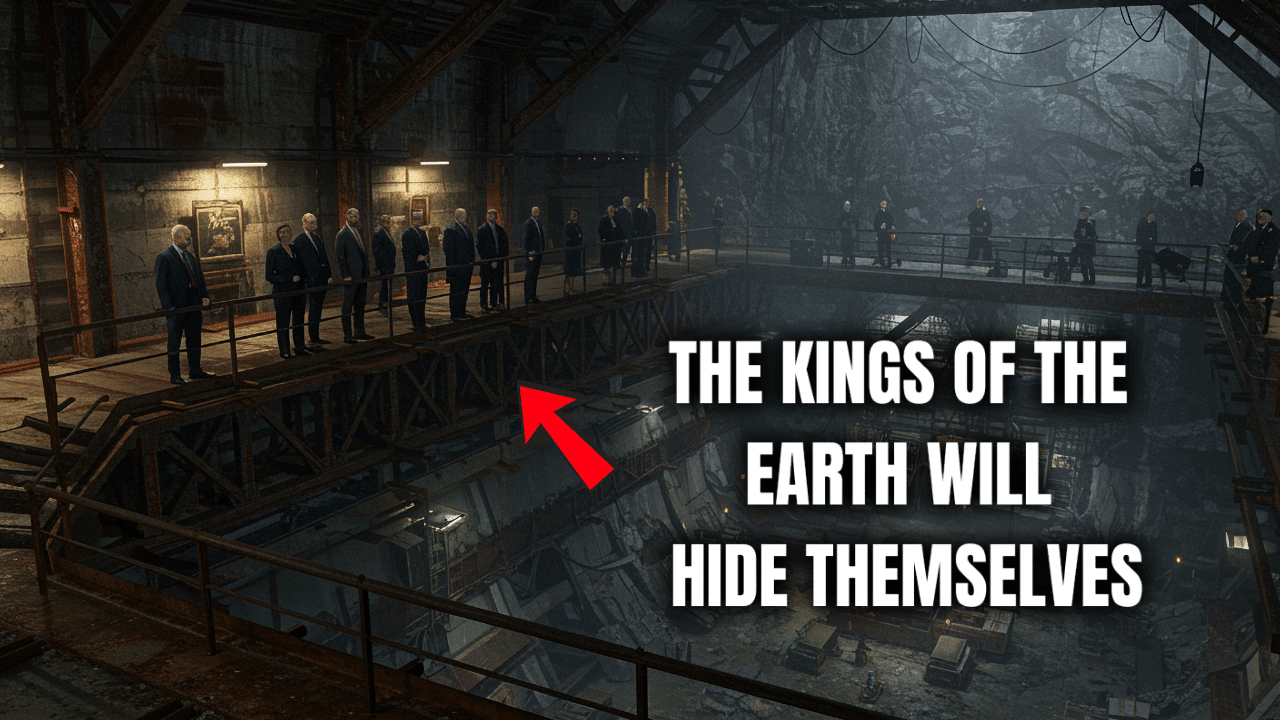In a significant legal challenge, over 27 Christian and Jewish organizations have filed a lawsuit against the Trump administration’s recent policy change that permits immigration arrests within places of worship.
The coalition, which includes prominent groups such as the Episcopal Church and the Union for Reform Judaism, argues that this policy infringes upon religious freedoms and instills fear among congregants, deterring them from participating in religious services and programs.
The lawsuit, submitted to the U.S. District Court in Washington, contends that the new policy violates the First Amendment and the Religious Freedom Restoration Act (RFRA).
The plaintiffs assert that the threat of immigration enforcement in sacred spaces disrupts their religious practices and hampers their mission to support immigrants, regardless of their legal status.
Historically, places of worship, along with schools and hospitals, were designated as “sensitive locations” where immigration enforcement actions were generally avoided.
However, the Trump administration has rescinded these protections, granting Immigration and Customs Enforcement (ICE) agents greater latitude to conduct operations in these areas without prior approval.
The administration defends this move by stating that it prevents criminals from exploiting these sanctuaries.
Faith leaders have expressed deep concern over the policy’s implications.
Bishop Ebli De La Rosa, overseeing multiple Latino evangelical congregations, has advised his pastors to prepare for potential enforcement actions by designating laypeople as service leaders and maintaining continuous livestreams of services.
He emphasized the importance of churches remaining sanctuaries and highlighted the fear spreading among congregants, who are now hesitant to attend services or seek essential assistance.
The plaintiffs are seeking a permanent injunction to prohibit immigration enforcement activities at houses of worship or during religious ceremonies.
They argue that the policy not only disrupts their religious obligations but also undermines the trust and safety that places of worship have historically provided to vulnerable communities.
This lawsuit follows a similar legal action by Quaker groups, who previously challenged the administration’s rollback of protections for sensitive locations.
As the legal battles unfold, religious organizations continue to advocate for the sanctity of their spaces and the rights of all individuals to worship without fear of arrest.










